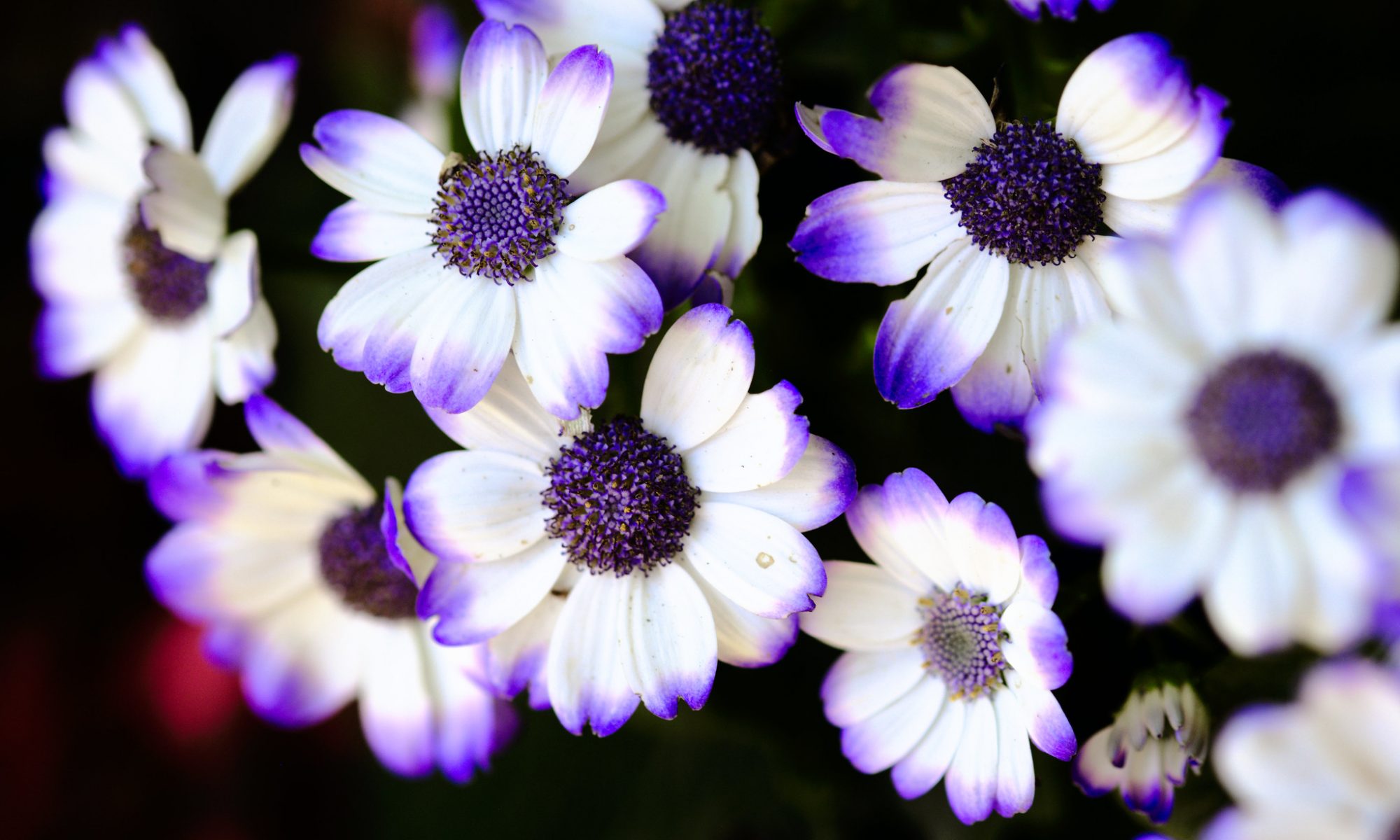I think there are several bad reasons to keep an online diary, including using it as a poor substitute for a paper diary, using it to experiment with hyperlinking writing, or using it as a forum for your opinions. Each of these needs is better served by alternative forms. On the other hand, online diaries are maligned as being necessarily uninteresting due to their trivial nature. Trivial and uninteresting do not always go hand in hand, as diarists and letter writers have appreciated for hundreds of years.
The online diary is a format held in peculiar contempt, for several reasons. Most of those reasons are due to the usual meaning of ‘diary’ — that is, a more-or-less secret record of one’s life, written, presumably, for your satisfaction alone, and deriving much of its power from the fact that it has no readers, freeing the author both from the stylistic constraints of writing for an audience, and from the judgements of that audience.
The online diary format naturally loses much of that power. The disadvantages of the online diary format compared to the paper diary format include less honesty (or less sweeping honesty anyway), and much less privacy. It also leaves the author wide open to charges of narcissism, since they are writing about themself for an audience of other people.
So, let’s free the online diary from those constraints. You do not keep an online diary for the same reasons you keep a paper diary. The disadvantages include a lack of complete honesty and privacy. If you want to write with complete honesty and privacy you should keep a paper diary or correspond in private with trusted friends who will destroy your missives rather than hand them to anyone else.
I also suggest that you do not keep an online diary in order to experiment with stylised writing, because you’re likely to attract the wrong audience. Audiences seeking experimental writing styles don’t expect to find it in online diaries, and audiences reading online diaries don’t expect highly stylised writing, or content that deviates radically from the normally online diary content (that is, a person’s record of their life).
Most of the good stylised writing I’ve seen on the Web has been noticably free from the constraints of chronology. Online diaries are tied to a date based format, and people who are interested in telling stories or linking ideas together would be better off with a more integrated site, all of which is an ongoing work. I consider gruntle, raze, and the Jargon File to be excellent examples of the power that loosely organised, heavily hyperlinked sites offer to writers interested in experimenting with style and content that doesn’t fit in a chronological format. If you want to tell stories, I highly recommend this form over the online diary format.
If you’re interested in writing opinion pieces, rather than snippets of your daily life, I suggest you consider blogging, rather than keeping an online diary. Blogging and online diaries are both presently primarily chronological formats, and there is a gray area between them, since people use the same tools for both. The primary distinction between the stereotypical blog and the stereotypical online diary is the amount of linking in the former. Blogs link to websites, link to each other, comment on each other, discuss each other, discuss links, and discuss ideas. If you’re interested in taking part in intellectual crossfire, the blogging tools and communities will be much more satisfying than the online diary format.
Where experimental sites link internally, and blogs link externally, online diaries are largely hyperlink-free. The form requires authors to relate chosen aspects of their life on a loosely chronological basis. They attract readers who like to follow simple story lines, who like to feel involved in the lives of others. As often as not, the readership is made up of people who know the author and people who would like to.
So, what are good reasons to keep an online diary? If you need pre-digital examples of online diary-like writing, consider letter writing one hundred years or more ago. Letters of this time were often gossipy, personal, entertaining, bitchy and informative. In retrospect, some of the writing in informal letters is not only historically interesting, but very very good. So, if you think that one hundred years ago you would have liked to sit in your drawing room and write to your sister in the next town about your housekeeping, giving interest to the mundanities of your life, then online diary writing is probably a format you would enjoy.
